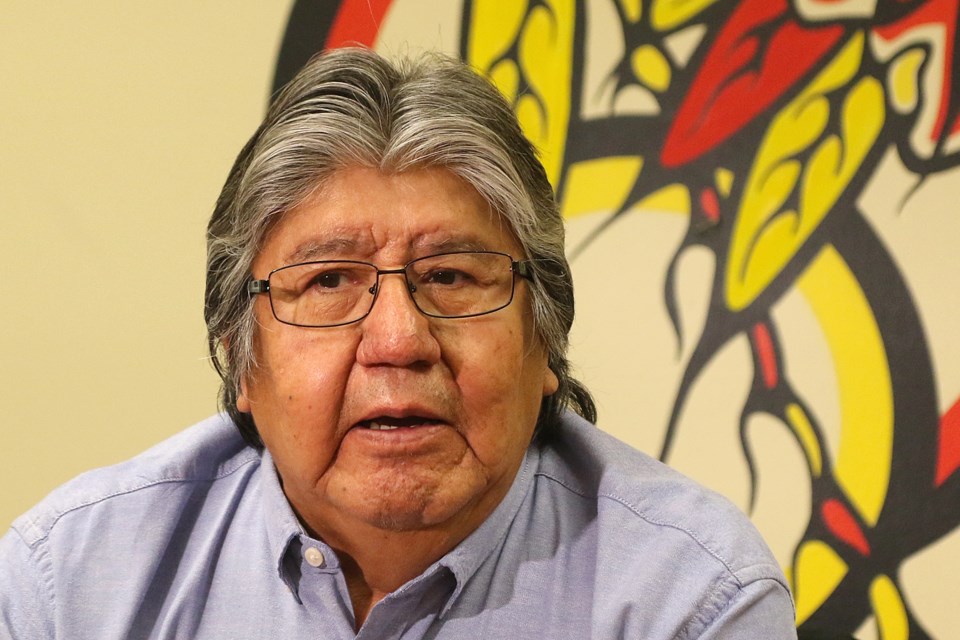THUNDER BAY – The winter road season may look markedly different in 2021 in Northern Ontario.
Matawa First Nations Management Chief David Paul Achneepineskum on Friday said his nine member communities are taking a long hard look at how to control access into their territories this coming winter, fearing the spread of COVID-19.
Checkpoints have always been in place to try to prevent illegal drugs and alcohol from being brought into the communities, and Achneepineskum said he thinks they’ll be ramped up to ensure only residents and people delivering essential goods and services will be allowed in while the pandemic is still in place.
“For our remote communities, it’s going to be a concern as soon as the winter road season comes up. Through the winter road, they’re pretty well open for anyone to come in. Our chiefs in the communities and our people are currently planning on what they’re going to be doing in terms of restrictions and protocols for the coming winter road season,” Achneepineskum said.
Five Matawa communities – Eabametoong First Nation, Webequie First Nation, Marten Falls First Nation, Neskantaga First Nation and Nibinamik First Nation – can only be accessed by air during warmer months.
Four others communities have road access year round.
Achneepineskum said in large part, containing the spread of COVID-19 and keeping it out of the remote communities is going to depend on the diligence of residents.
They’re free to come and go, but Achneepineskum said he’s hopeful community members will limit travel, especially if case counts continue to rise throughout Ontario.
Seeing more than a handful of cases crop up in Northern First Nations communities is even more troubling.
Achneepineskum said he expects his communities will go on lockdown if things start to get out of hand elsewhere in the province.
“I can see that coming,” he said.
Communities will also have a role to play.
Achneepineskum added the remote communities have learned best practices from the four with rural, year-round access.
“During the spring and summer and the COVID pandemic, they established protocols in terms how and when their community members could go in and out of their community, whether it was for shopping or having family members visit,” Achneepineskum said.
Lastly, they’ll do what they can to keep travel to and from the communities at an absolute minimum, should COVID-19 still be deemed a threat when the winter roads open, which is expected to occur in January.
“One of the things they have done in the past in those communities is they have purchased food and supplies prior to the lockdowns, so that it’s available in the community, so it limits travel in and travel out. So that’s probably what’s going to happen.”
